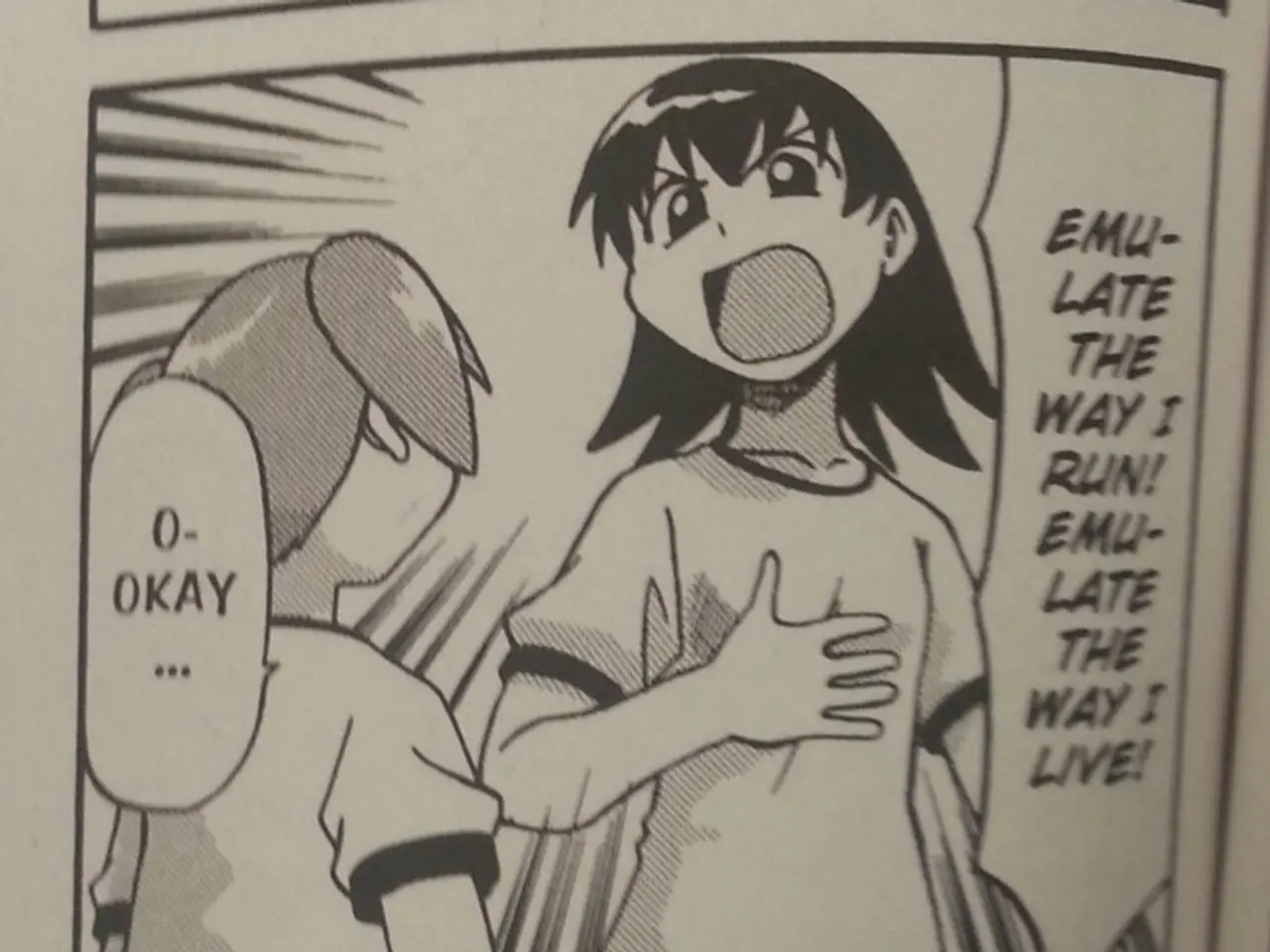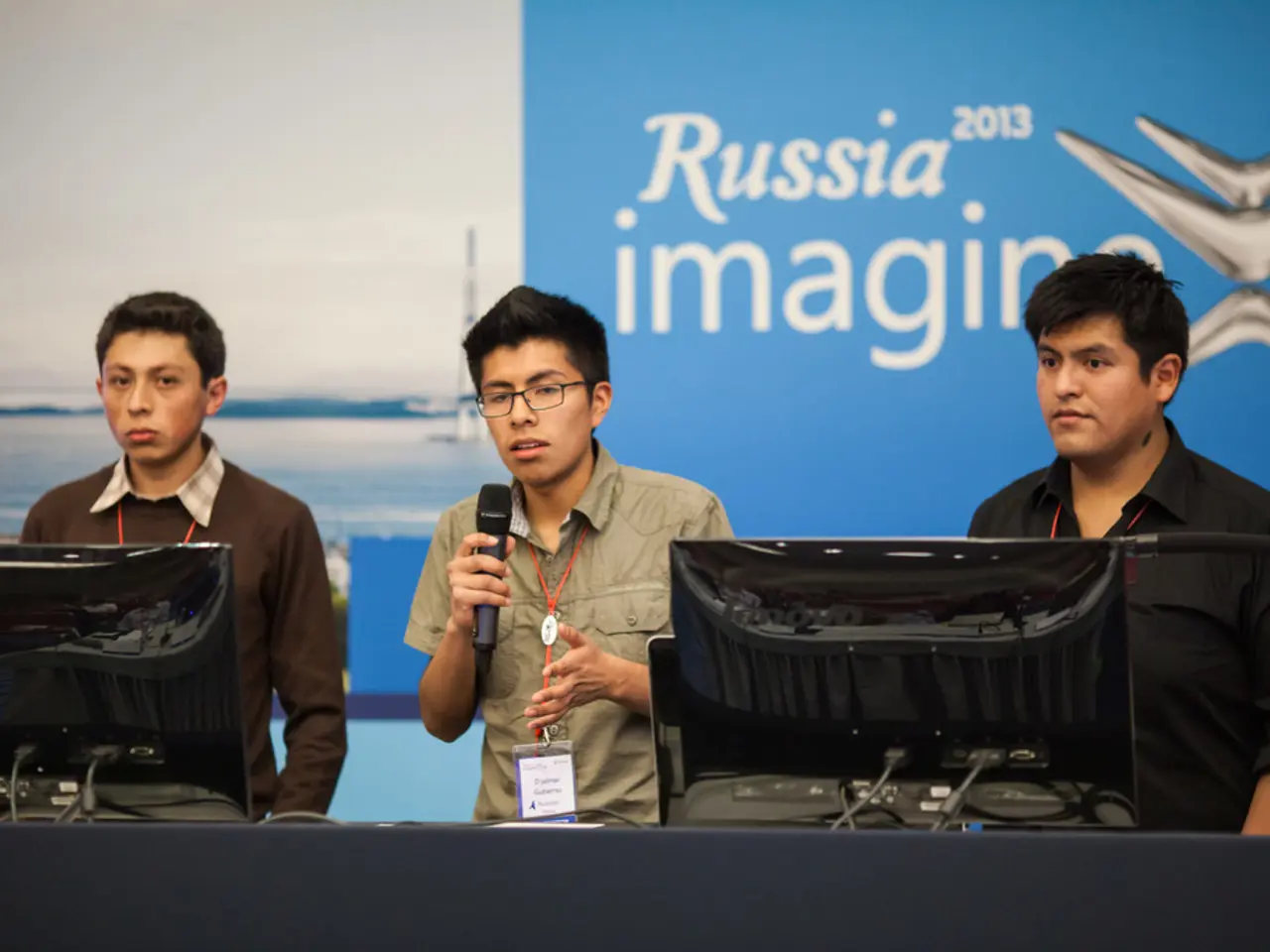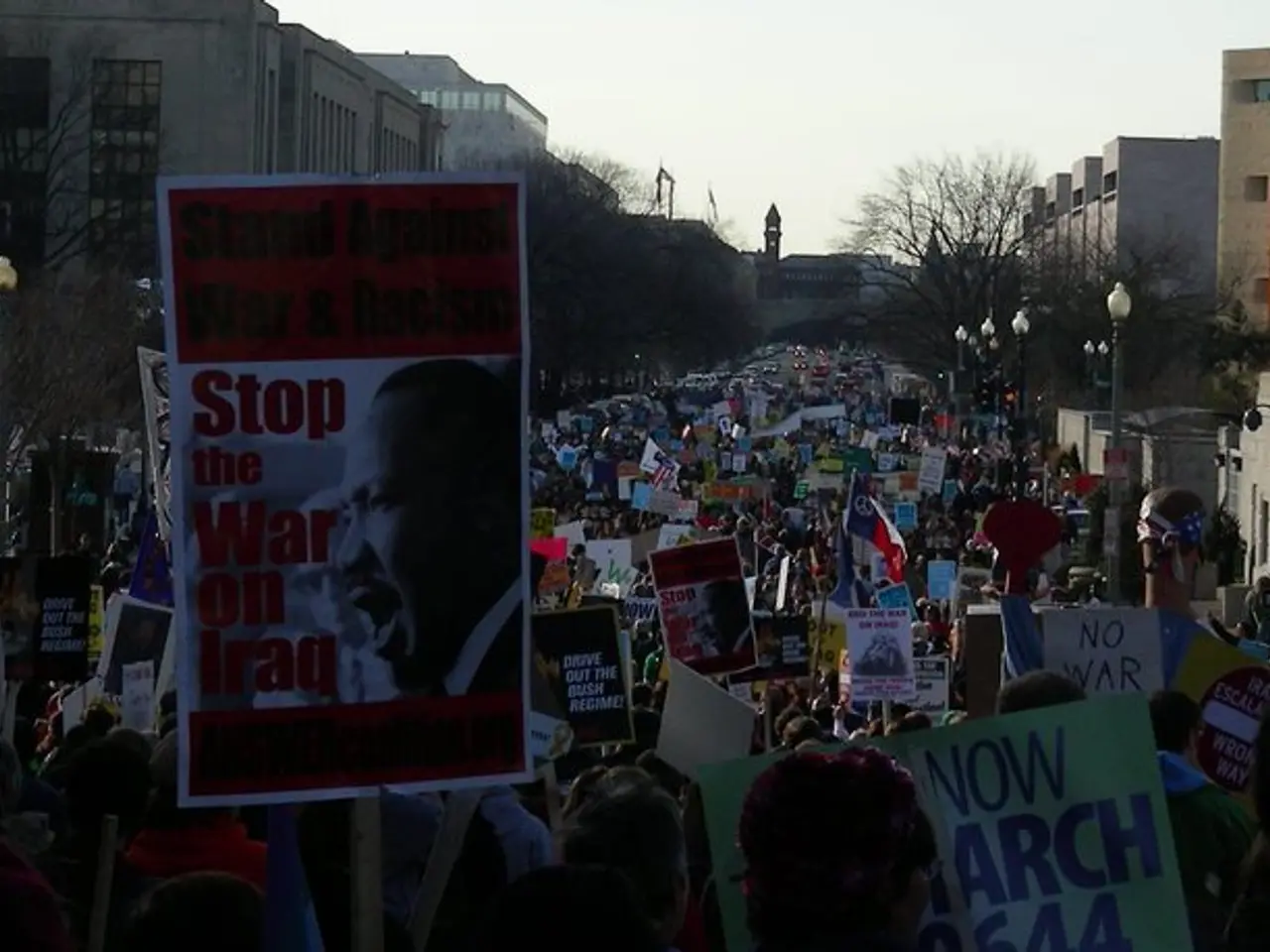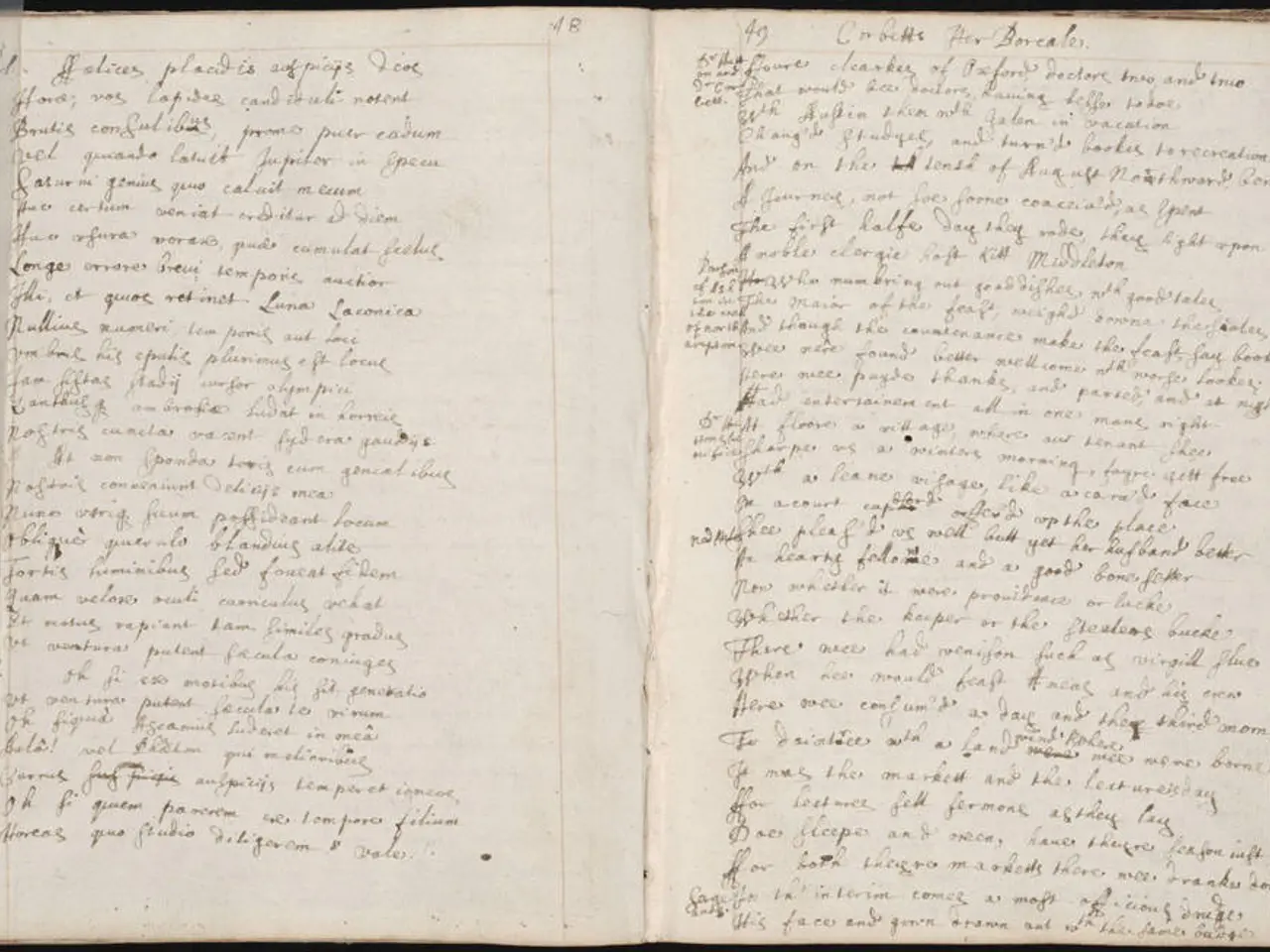Chusak acknowledges the possibility of a charter rewrite not being accomplished under the Pheu Thai administration.
The constitutional amendments proposed by the Pheu Thai-led administration in Thailand are currently in a critical phase, as the process faces legal and timeline obstacles. The Constitutional Court is set to rule on September 10, 2025, on key questions about the procedure for amending the constitution, particularly whether parliament can approve draft amendments before holding a public referendum or if a referendum must precede parliamentary action.
Timeline Challenges
Minister Chusak Sirinil has acknowledged that completing the amendments within the current administration’s term is unlikely. The process, including amending Section 256, adding Chapter 15/1, public referendum, and the election and operation of a Constitutional Drafting Assembly (CDA), would require well over a year. This suggests the amendments will likely extend beyond the current government’s term.
Key Proposed Amendments
- Section 256: The proposed amendment aims to remove the existing requirement that at least one-third of the Senate and 20% of opposition MPs must vote in favor during the first and third readings to amend the constitution. This would lower the procedural barriers, making amendments easier to pass through Parliament.
- Chapter 15/1: This proposed addition is intended to create a new procedural framework for drafting and adopting constitutional amendments, likely setting out the role and powers of a Constitutional Drafting Assembly (CDA) that would write a new charter.
Legal Uncertainties
The Constitutional Court’s pending ruling will clarify if parliament can approve draft amendments or establish the CDA before a referendum is held for public consent. This legal clarification is critical because premature action could result in multiple costly referenda, which the government wants to avoid due to economic concerns.
Progress and Future Outlook
Public engagement and discussions are ongoing but progress is slow due to political uncertainties. However, the establishment of the CDA during this time is still seen as progress towards reform. If the Constitutional Court determines that two rounds of referenda are required, the two pending amendment drafts could proceed.
In summary, the Pheu Thai-led administration’s constitutional amendment efforts are in a crucial legal limbo awaiting a court ruling. The timeline makes it unlikely the entire amendment and new constitution drafting process will be finalized before the current government’s term ends, but establishing the CDA during this time is still seen as progress towards reform.
[1] Constitutional Court Ruling to Determine Amendment Procedure [2] Government Acknowledges Long Timeline for Constitutional Amendments [3] Public Discussions on Constitutional Amendments Slow Due to Political Uncertainties
- The proposed amendments, including the change in Section 256 and the addition of Chapter 15/1, aim to simplify the process of policy-and-legislation, making constitutional amendments easier to pass through Parliament and potentially altering the political landscape of Thailand.
- Despite the progress in establishing the Constitutional Drafting Assembly (CDA), the uncertainty surrounding the pending Constitutional Court ruling could significantly impact the general-news landscape, as the court's decision on the sequence of referendums and parliamentary action could lead to costly and time-consuming multiple referenda or set a new path for Thailand's political future.








